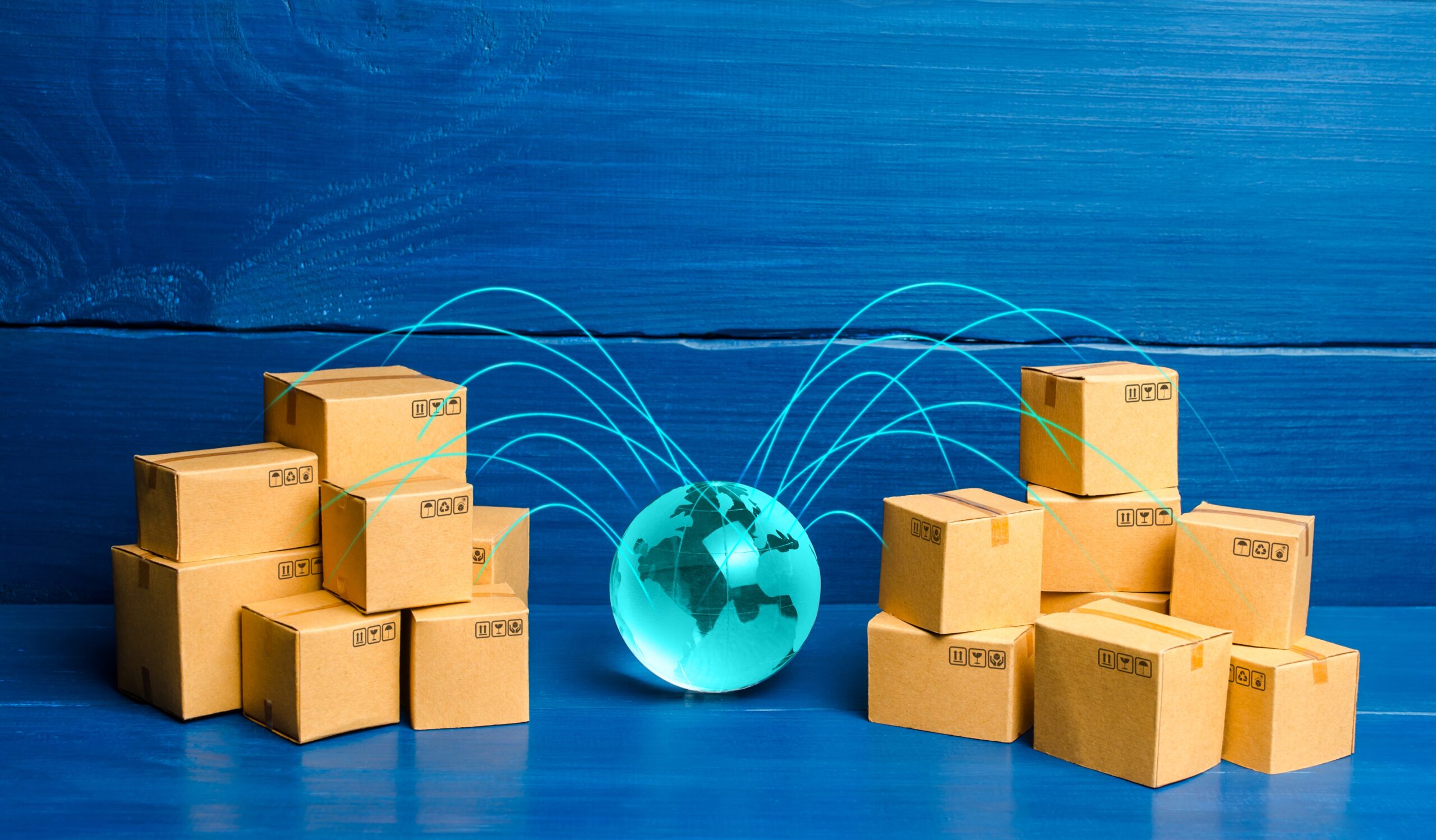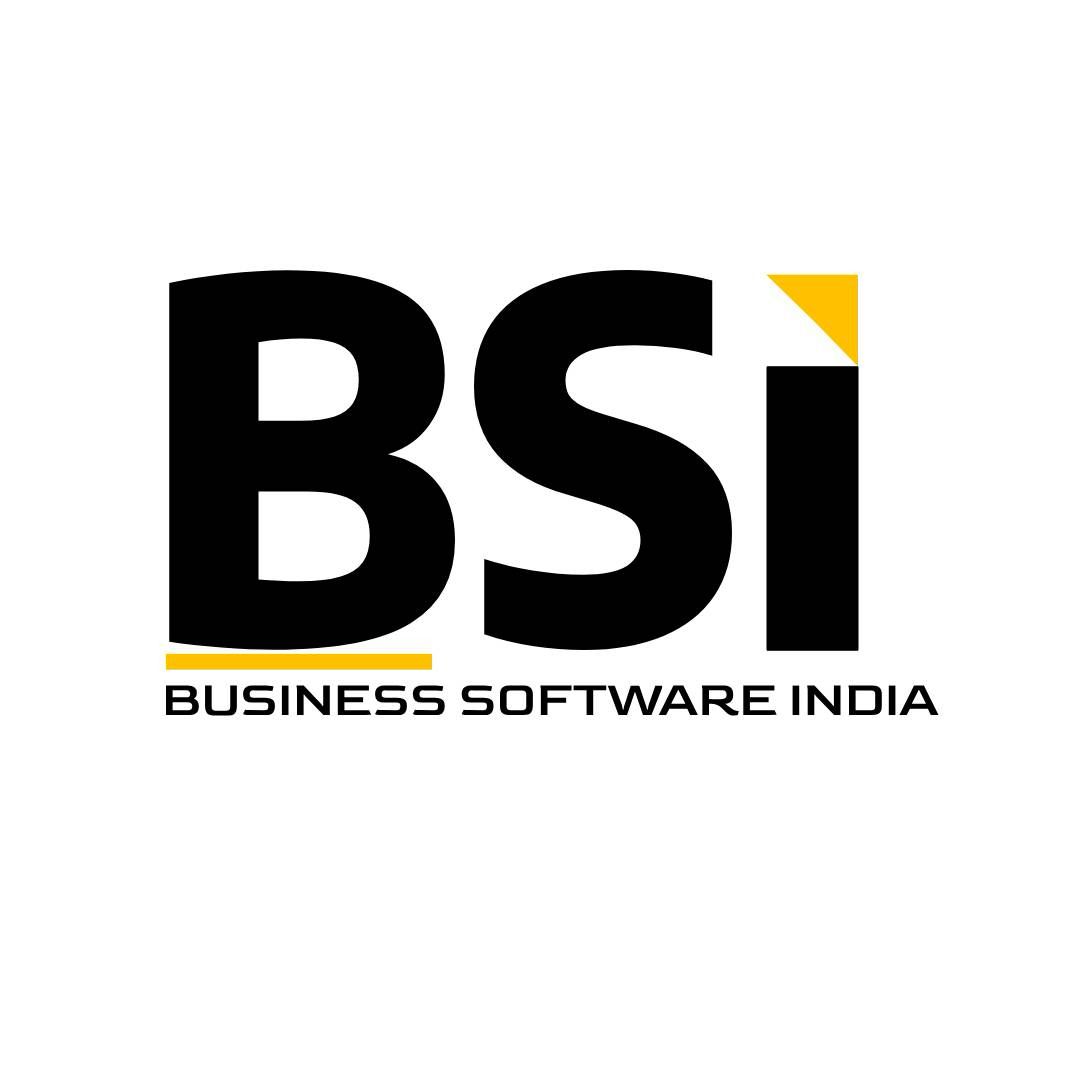
BSI – 25TH NOVEMBER, 2024
3 Potential Use cases of Blockchain
PROBLEMS IN THE FOOD INDUSTRY
- Unstable production cycles are the most common hindrance to the economic upliftment of farmers. Even when there are good produces, poor distribution and marketing do not allow farmers to earn the money that they deserve for their produces. That is the reason for the instability of their income as well and prevents them from staying in considerable profit during their agricultural life.
- Consumers are increasingly interested to know where their food came from, what conditions it was grown in, and when it comes to meat, how the animals were treated.
- The debt trap is one of the common reasons for the low financial state of farmers or farmer suicides. The majority of farmers are often not aware of the government support systems and lending systems, which make them go to private and unauthorized lending systems.
SUPPLY CHAIN AND BLOCKCHAIN
- To maintain the supply chain from farmland, poultry farm, fish market, bakery to the kitchens of consumers blockchain ledgers is the Unified and best supply chain management.
- The traditional system of farming comes with the answer that when some food product is found out with allergic or any other reaction, then the whole industry will suffer from the misleading information given by some dishonest farmer. The government will ban the product countrywide
- But The idea of Blockchain in food safety is that each node on the blockchain would represent an entity that has interacted with the food on its way to the store. A farmer whose vegetable does not possess allergic contamination would not be banned by the government if the whole country follows a unified food labeling system.
- To track the data of food It typically takes 7 days to trace (if the food is labeled) the source of the food back to the producers. But with Blockchain Technology it will take few seconds to trace the source of the food.
- It will be an easy, exact method to find out the source of every food crop, vegetables, animal product, etc. The revolution will pave the way for a healthy, zero-waste food chain system.
BLOCKCHAIN AND FINTECH REVOLUTION
According to the World Bank and First Data, an estimated 1.7 billion people across the globe remain without access to formal financial accounts. On top of this, up to 1.8 billion more rely on semi-formal or informal systems, rather than banks, for their financial services.
This data analysis proves a well-conditioned financial future for blockchain.
- Blockchain-based fintech solution reduces the time and expense of financial transactions
- It eliminates the need to depend on a single third-party authority for trust in any system’s validity.
- Blockchain enables trading is easy, time-saving, cost-effective.
- All users only need a smartphone with the app installed, which then enables them to send and receive funds from across the world.




